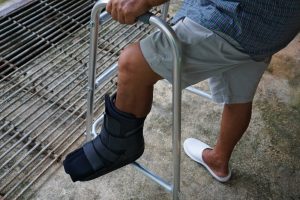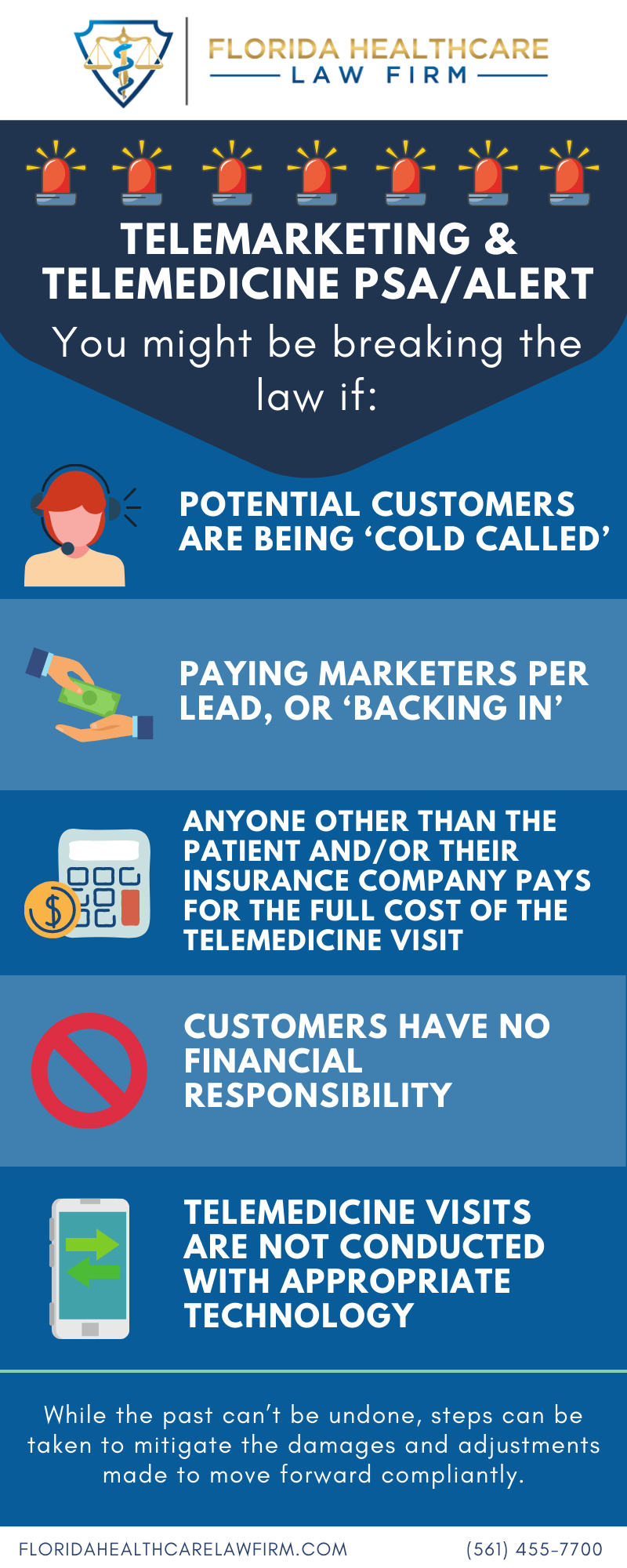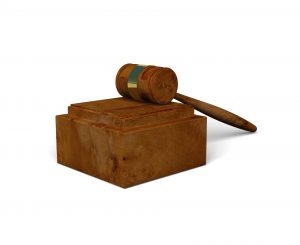 By: Michael Silverman
By: Michael Silverman
Like it or not, telemarketing is a huge component of American businesses, and the healthcare industry is no exception. Many insurance companies, physicians, medical equipment and pharmacy providers heavily rely on telemarketing to expand their client base.
Take a moment to reflect – are you engaged in telephonic marketing or sales? Be it a healthcare businesses’ own internal based sales team or a third party providing such services, many individuals and entities are telemarketing and don’t even realize. If conducting telephonic sales either out of a Florida based location, or if calling into Florida, then listen up! There is a Florida telemarketing law that requires all such marketers to register for a telemarketing license or file for an exemption therefrom. While it’s not a new regulation, it’s one that is often overlooked and one that carries serious consequences for non-compliance.
What am I talking about?
Florida Statute Title XXXIII, Ch. 501 §§ 501.601 through 501.626, or more colloquially known as The Florida Telemarketing Act.
BEFORE doing business, The Florida Telemarketing Act requires individuals or entities looking to conduct telemarketing activities within the State to either (1) obtain a Commercial Telephone Seller Business License, as well as to license its individual sales representatives, or (2) have an approved exemption from such licensure on file. For the purposes of the Florida Telemarketing Act, this includes individuals/entities calling either into or calling out of the State! Unwanted telemarketing calls are one of the largest sources of consumer complaints in America; an individual or entity engaged in telemarketing will not “fly under the radar.” A called party will inevitably file a grievance with the state or federal government over telemarketing calls. If the activity falls under Florida’s jurisdiction, regulators will investigate and will penalize those persons or businesses involved if they are not adhering to the regulations outlined in the Florida Telemarketing Act. So what’s required to become licensed or exempted?
The license or exemption is issued by the Florida Department of Agriculture and Consumer Services – Division of Consumer Services (“FDACS”). A commercial telephone seller must obtain a license from FDACS, in accordance with §501.605, or have an exemption from such licensure on file, in accordance with §501.604.
Option 1 – Apply for the Commercial Telephone Seller Business LicenseContinue reading
 By: Susan St. John
By: Susan St. John

 By:
By: 

 By:
By: 
 By:
By: 
 By:
By: 
 By: Michael Silverman
By: Michael Silverman
 By: Michael Silverman
By: Michael Silverman
 By:
By: